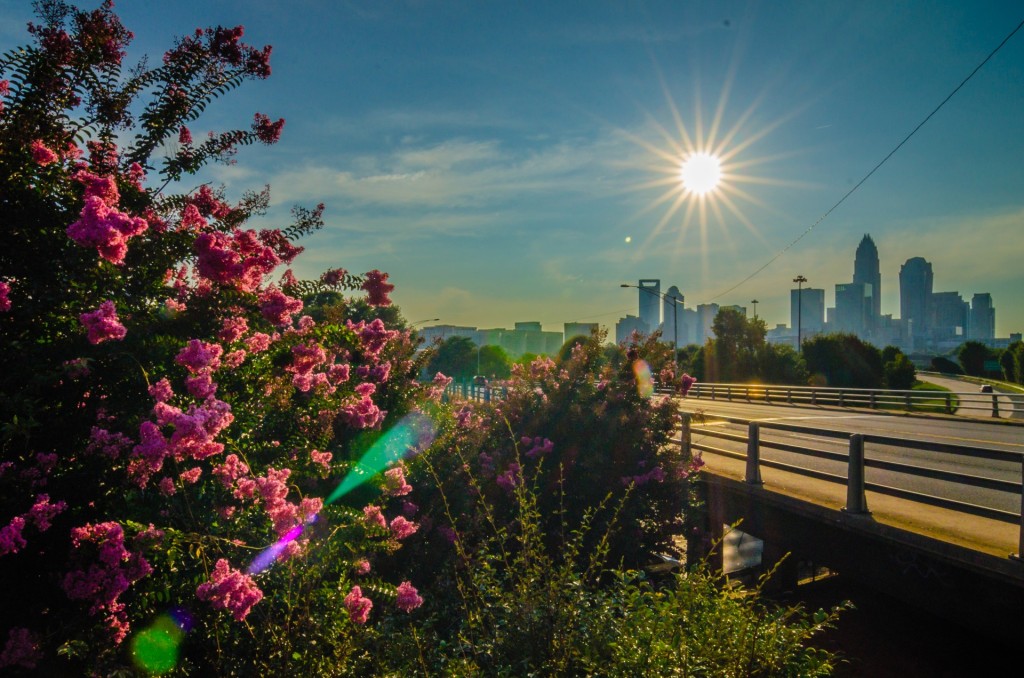
In May of this year, Montgomery County, one of the largest and wealthiest suburbs in DC, held a forum on urban development. Paul Grenier, writing for The American Conservative, commented on what he saw as a divide in the way the word “development” was being used. On the one side, council member Marc Elrich and economist Michael Shuman used the word development to refer to the good of the city. Grenier explains that “They asked qualitative questions about how to create as good a city as possible, and how to make the economy serve the interests of that good.” On the other side were the well-paid consultants who focused on “growth” and fixated on the development of the economy.
Grenier notes that this divide represents the difference between classical thought and modern thought. Whereas classical thought emphasizes the particularities of local communities and emphasizes the shared pursuit of citizens for the common good, modern thought strips away the particular quirks of particular places and instead emphasizes the universality of the market.
Council member Elrich began the forum by asking “what is the best kind of city.” Such a question likely conjures up thoughts of the local coffee shops and the diner where everyone knows your name and the older buildings with a strong sense of history. Elrich refers to “small spaces” which I take to mean those places that provide a sense of intimacy and locality. If development means seeking the good of the city, not just its growth, then perhaps creating (or more often, preserving) these small spaces might be just as important as bringing in big corporations with the hope of stimulating the economy and driving growth.
While small spaces often create jobs and generate market growth, participation in the big, global market can generate even greater profit. But is that really what matters? Can the good of the city really only be understood materialistically? Grenier, in parsing through this difference of thought between classical and modern thought writes:
Modern politics has no well-defined location, not any more than the global marketplace has a location. Classical politics, by contrast, takes place in the city. The city is what classical politics is about.
From the perspective of classical political thought, the city is the optimal scale for organizing political life because it is a scale that is sufficiently complex to allow for human flourishing, but not so huge that the crucial questions can’t be addressed by means of reasoned debate. Scales larger than that—such as the national or the global scale—are so vastly complex that such a conversation can no longer be concrete and to a purpose.
Michael Shuman believes that truly good economic development consists of applying four rules:
- Maximize the percent of local industry and trade that is locally owned.
- Emphasize local self-reliance, not as a means of becoming disengaged from the wider (including global) economy, but so as to engage with it from a position of strength.
- Maintain high labor and environmental standards.
- Create, or maintain, a social, institutional and investment framework that fosters a sort of local entrepreneurial eco-system.
Economic growth is important but it is not the only or even the most important rubric for measuring the flourishing of a city. More important than mere economic growth is the ability for small spaces to give room for tightly knit communities to have the kinds of conversations about justice, goodness, and beauty that grow the human spirit and cultivate friendships.